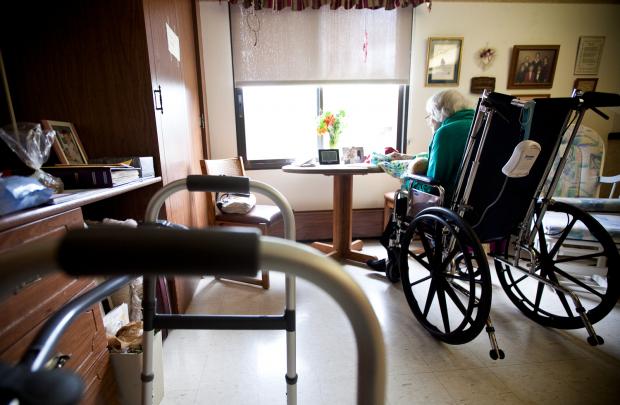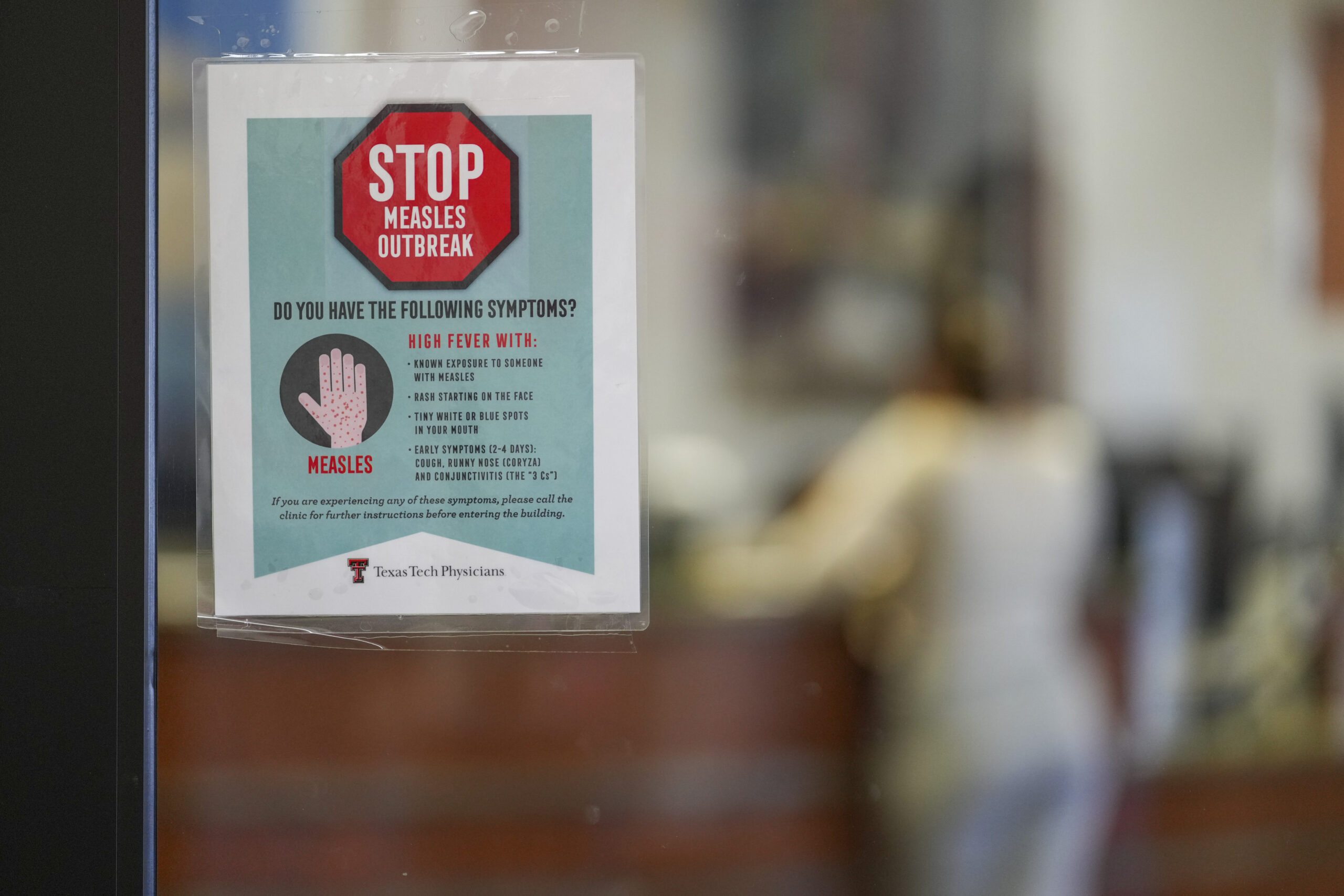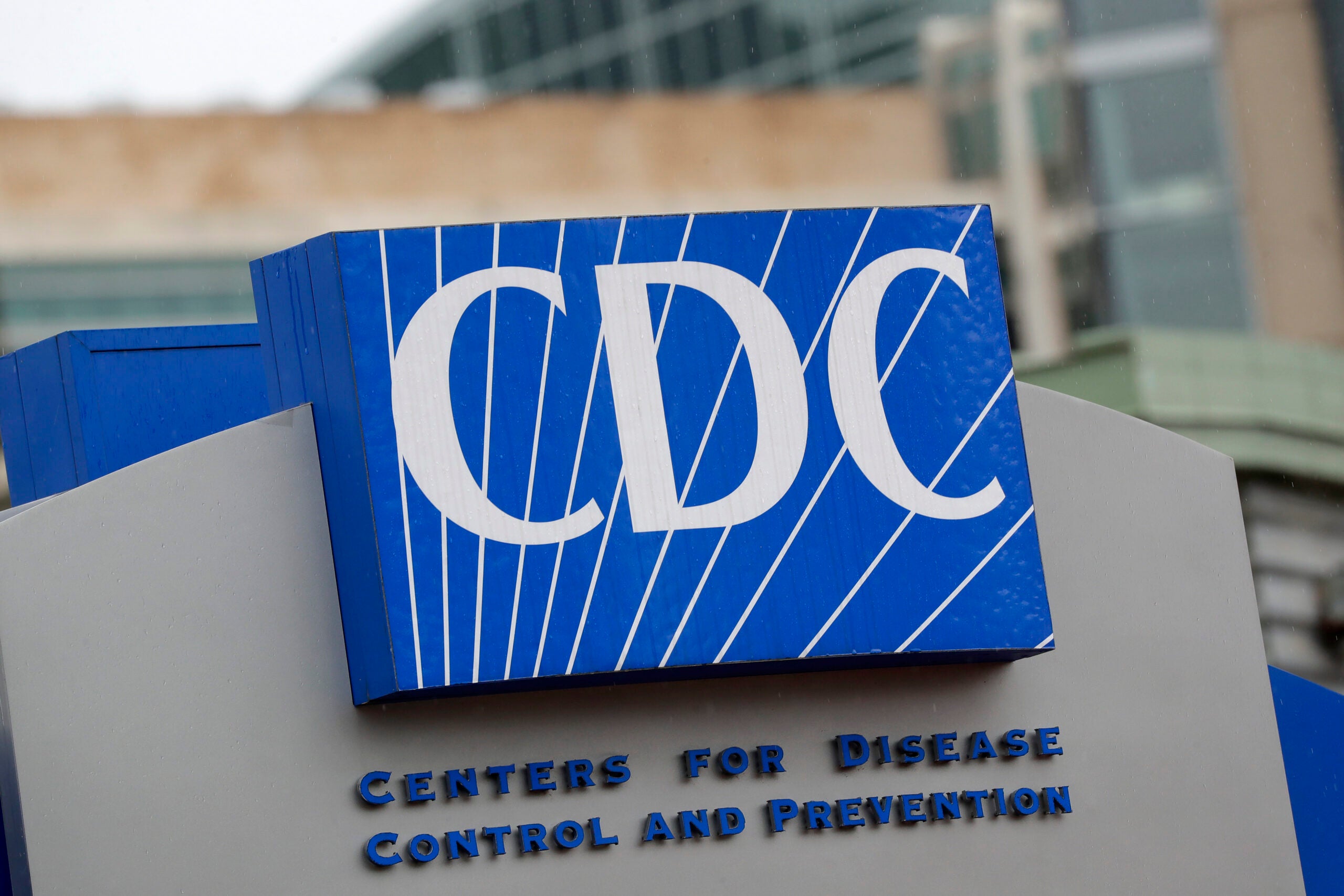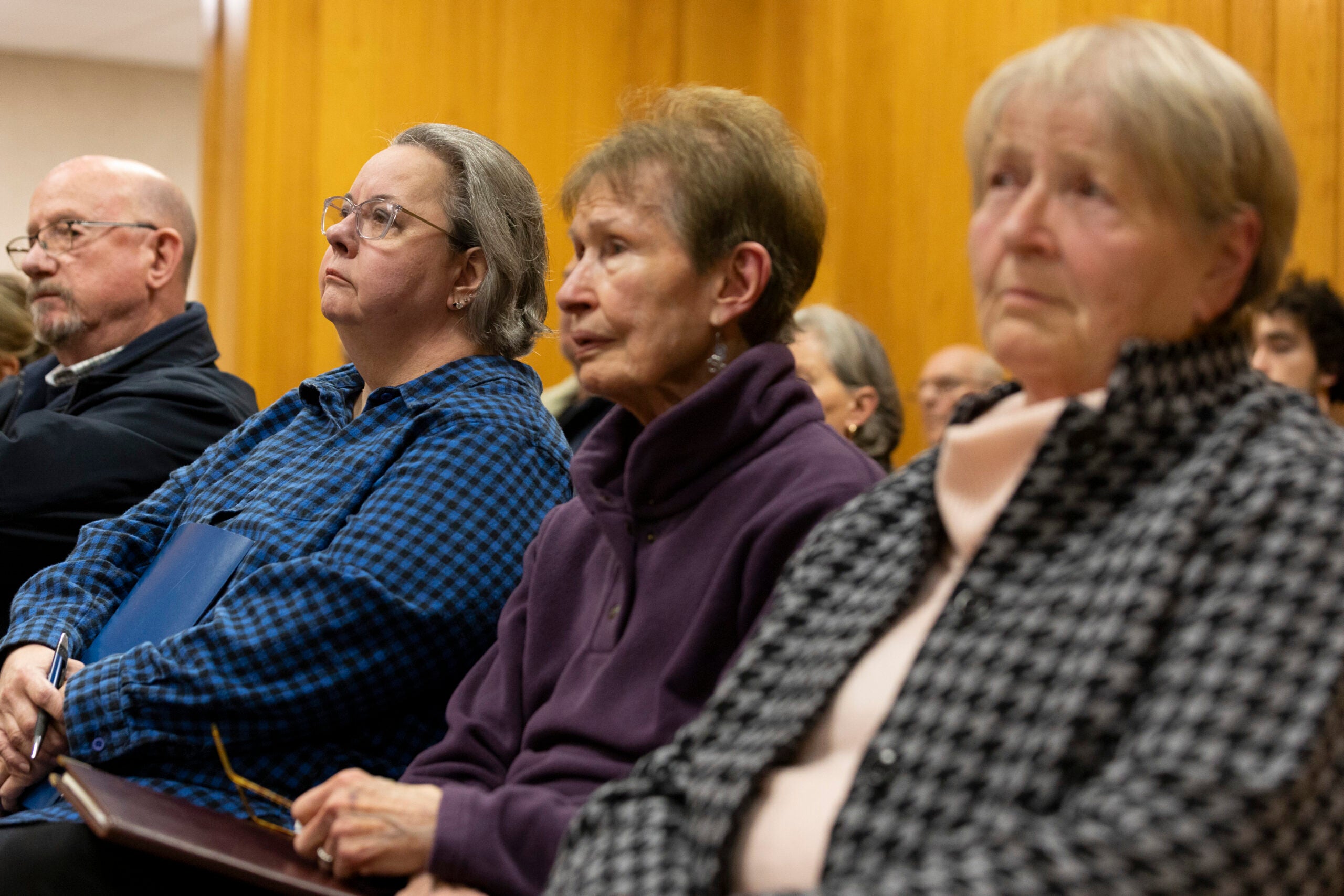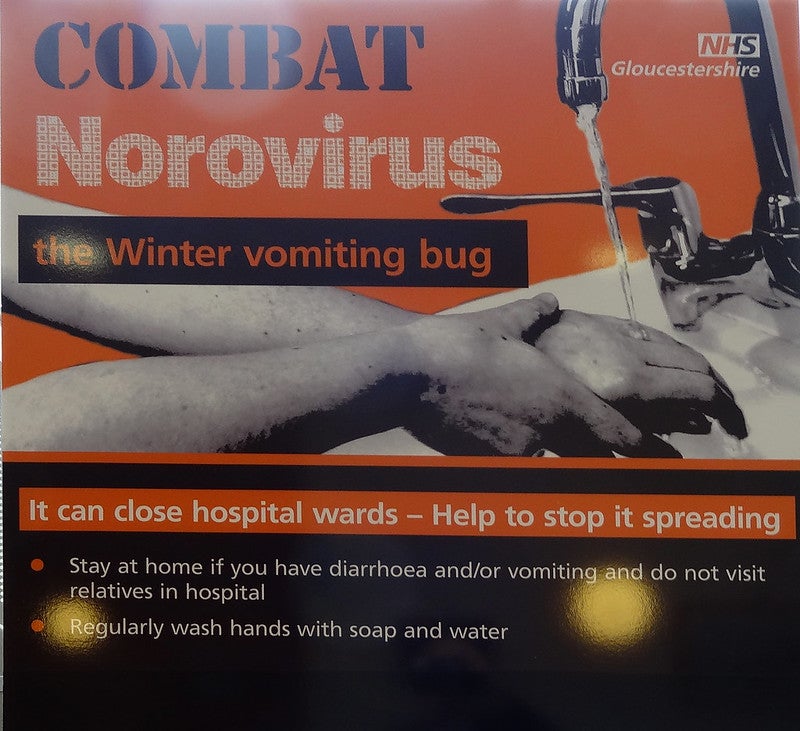Wisconsin health officials are advising nursing homes to restrict visitors to prevent the spread of the new coronavirus to those most vulnerable to the disease.
The news comes as the World Health Organization has officially declared the spread of COVID-19 a pandemic. The virus has killed more than 4,000 people as of Wednesday and spread to more than 100 countries, according to NPR.
Wisconsin has had six reported cases of the coronavirus as of late Wednesday afternoon.
Stay informed on the latest news
Sign up for WPR’s email newsletter.
Nursing homes and long-term care facilities are one of health officials’ highest priorities, said Dr. Ryan Westergaard, chief medical officer with the Bureau of Communicable Diseases at the state Department of Health Services.
It would be “very reasonable” for nursing homes to keep visitors away to control the spread of the virus, Westergaard said Wednesday during a Facebook Live question-and-answer session with DHS Secretary Andrea Palm.
“I think out of an abundance of caution, we should start having those conversations now and start putting those protections in place now,” he said.
Westergaard pointed to the spread of the disease among nursing home patients in Washington state, which is now linked to 19 deaths at one facility.
“It really was a sad and unfortunate lesson that we’ve learned that if we had to prioritize one thing, it would be to do everything we can to prevent the spread of the virus into nursing homes,” he said.
People who are vulnerable to the virus, such as the elderly and those with weakened immune systems, were advised to distance themselves from social settings and gatherings. Health officials continue to advise people to wash their hands and stay home when they’re sick to slow the spread of the disease. Westergaard said the virus is similar to the SARS coronavirus, which could infect cells in the lungs and prompt more serious respiratory disease.
“We’re dealing with a new, different and more dangerous virus than we’ve ever seen before,” he said.
Health officials answered questions about testing, clarity of results, mutation of the virus, resources available to prevent the spread of the coronavirus and guidance on gatherings. State officials are able to conduct about 100 tests per day, noting it may take one to two days before results are available.
Palm advised people holding events to consider the number of people attending, where they’re traveling from and whether attendees may be vulnerable to the disease.
“We’re working very hard and closely on this very question and anticipate saying more, specifically about this in the way of guidance in the very near future,” she said.
She added health officials are in close contact with Gov. Tony Evers about when and if it will be necessary for him to declare a public health emergency. A declaration would free up additional resources, particularly related to quarantine expenses.
President Donald Trump approved $8.3 billion in federal funding for coronavirus response last week. States are expected to receive $600 million in the first round of funding, of which Wisconsin expects to receive $10 million. Palm said the department is talking with local public health officials and partners about resources needed, such as test kits and processing of results.
Wisconsin Public Radio, © Copyright 2025, Board of Regents of the University of Wisconsin System and Wisconsin Educational Communications Board.
